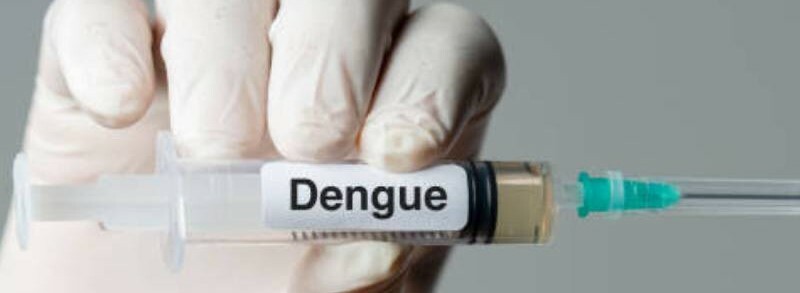The Sudanese Ministry of Health said they have registered about 80 new cases of dengue fever, raising the total number in four states to 773, with three deaths recorded.
The new cases include 43 in Karari locality in Khartoum State, and 37 in Kassala,
The head of the Sudanese Doctors Syndicate, Dr Hiba Omar, said that the severe shortage of medicines had exacerbated the severity of diseases.
Omar stated that government restrictions and repeated attacks by the Rapid Support Forces (RSF) were hindering the efforts of international and local organizations, noting that aid was being looted or being denied access.
“Organizations are looking for alternative ways to provide aid, such as purchasing supplies through local civilian networks,” he said.
Omar added that the syndicate avoids announcing its activities for fear of security restrictions, stressing the systematic targeting of health sector workers and volunteers.
A member of the preparatory committee of the Doctors Syndicate, Abbas Abu Shama, said the health system in Sudan was facing a complete collapse because of the ongoing fighting.
“Health services are non-existent in 13 states, while they are almost minimal in the rest of the states.”
Shama pointed out that the escalation of the conflict had resulted in hundreds of deaths and injuries, adding that the latest attacks took place in Al-Koma in North Darfur, where about 50 people were killed and more than 250 others were injured because of an airstrike by the army in an area that lacks healthcare.
Dr Radwan Musa warned of high rates of malnutrition among children and the elderly in North Darfur, ranging between 30% and 40%, coinciding with the spread of infectious diseases such as cholera and hemorrhagic fevers.
Dr Ihsan Faqiri confirmed that the war that has been ongoing since April 15 had contributed to the destruction of the infrastructure, especially in the health sector, which has been suffering from continuous deterioration for decades, affected by policies dating back to 1979.




